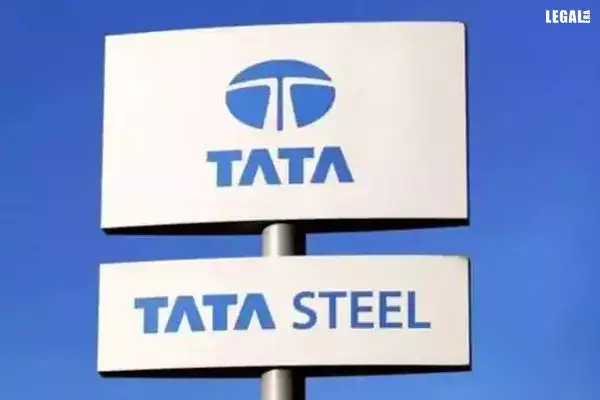Calcutta High Court provides succor to Tata Steel
It observed that the proceedings against the show-cause notice issued to it were earlier dropped;

Calcutta High Court provides succor to Tata Steel
It observed that the proceedings against the show-cause notice issued to it were earlier dropped
The Calcutta High Court has granted relief to Tata Steel Limited and held that the department is bound to follow the Principles of Consistency if no fresh materials are available.
The respondent, Tata Steel (Bearing Division), is a manufacturer of Ball and Roller bearings.
Upon availing of the Central Value Added Tax (CENVAT) credit on the duty paid, a part of the raw materials procured by it is sent for processing to the workers. Thereafter, the races are brought back to the factory and used in the manufacture of the bearings, whereas the waste and scrap generated are not returned. But, as per the standard input-output ratio, the respondent continued paying the duty and cess on a monthly basis.
In March 2004, then Commissioner of Central Excise issued a show-cause notice to it alleging a short payment of duty. It was on account of willful suppression of facts with intent to evade the Central Excise laws. But on the submission of the assessee, the Commissioner adjudicated the show-cause notice and in May 2004, the proceedings were dropped.
However, three years later, the new incumbent Commissioner issued a show-cause notice to the respondent with identical allegations.
Aggrieved, the assessee filed an appeal before the tribunal, which allowed the appeal. But the revenue department filed an appeal before the Calcutta High Court against the tribunal's order.
The respondent-assessee submitted that it took CENVAT Credit for the raw materials used, as when the raw material was used, the finished product emerged. Along with the finished product, the waste was generated and this waste was removed on the payment of duty. Therefore, if a product was removed on payment of duty, the input credit could be availed legally and there was no requirement of reversing the CENVAT Credit on a product that was cleared on payment of duty.
The division bench presided by Justice TS Sivagnanam and Justice Hiranmay Bhattacharyya observed that after the proceedings were dropped against the show-cause notice, the department could not claim 'willful suppression' by the assessee. Also, it could not invoke the extended period under the law. It said that the use of the words 'willful suppression' needed to be established by the department and the onus was on it to validate the show-cause notice.
The court held, "We do not find any ground to interfere with the order passed by the tribunal. Accordingly, the appeal is dismissed."


